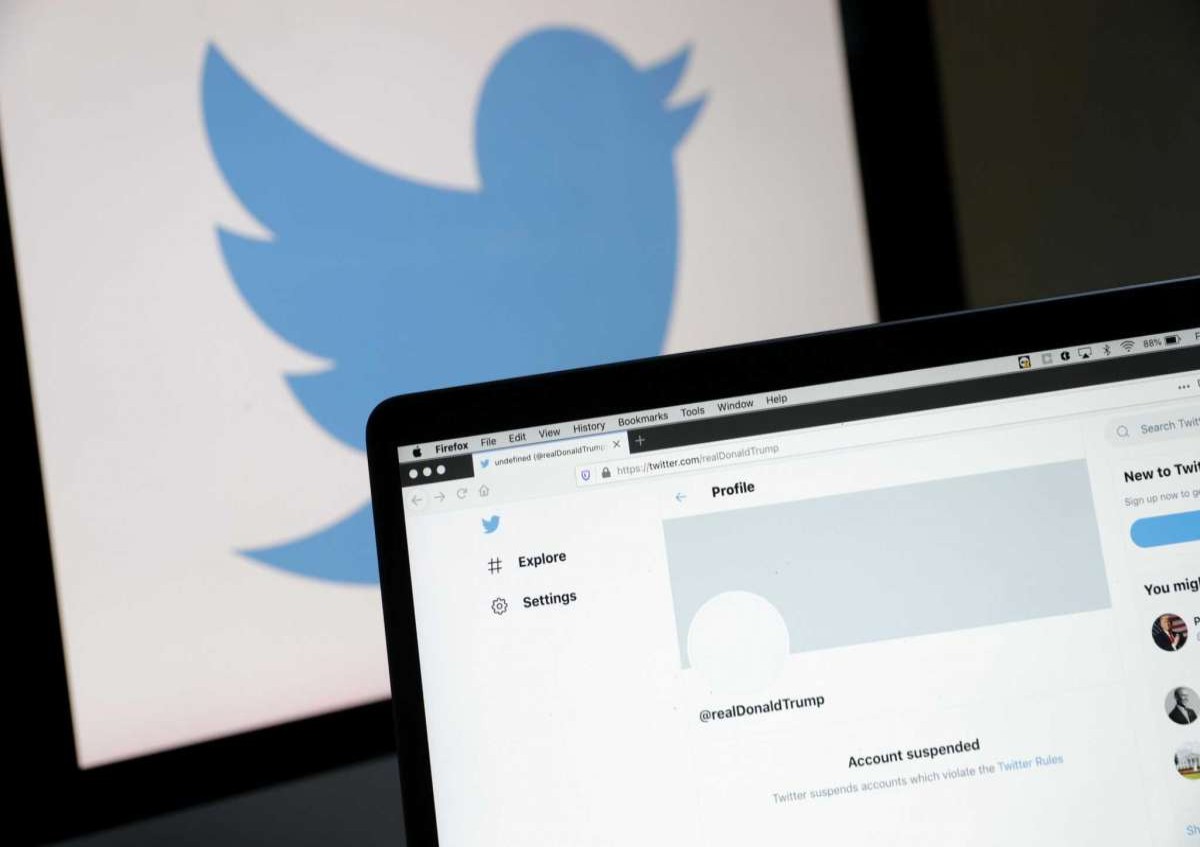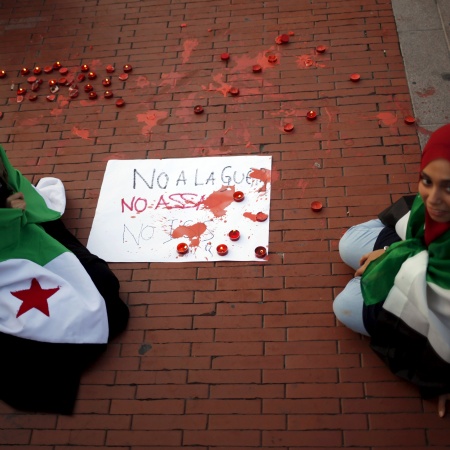Reza Pahlavi: The Man Who Would be Shah
By Sonia Verma
There was a long moment during the street protests that followed last year’s Iranian presidential elections when the country appeared to be on the cusp of revolution.
The crowds demonstrated in open defiance of their Supreme Leader, Ayatollah Ali Khamenei, who had urged the country to unite behind the incumbent, branding Mahmoud Ahmadinejad’s deeply suspicious victory as “divine assessment.â€
Iran seemed about to break free of the clergy’s grasp.
So what happened?
“What happened was Michael Jackson died,†says Reza Pahlavi, son of the late shah of Iran.
“Suddenly,†he adds dryly, “CNN started talking about him rather than the ‘green movement’ in Iran.â€
Dressed in a snappy suit, freshly shaven and somewhat suave, he appears the antithesis of the clerical regime that currently rules Iran with an iron fist.
Now 50, Mr. Pahlavi gave himself an unusual gift on his 21st birthday: He crowned himself “King of Kings,†inheritor of Iran’s Peacock Throne.
The fancy title, however, meant nothing. His Majesty lived in Maryland, half a world away from his supposed kingdom. His father had just died in exile, having fled Iran in 1979, at the height of the Iranian Revolution.
Thirty years later, Mr. Pahlavi still lives in Maryland (“strategically, the U.S. made a lot of sense,†he says) and has shed his royal title (although his staff still refers to him as “Princeâ€), along with beliefs about restoring the monarchy.
Instead, he has staked claim to a new, deeply nebulous title: leader of Iran’s democratic revolution.
“I have said, ‘Look, I’m not running for office here. That’s not my job. It’s to help this movement get to the day where we can conduct free elections,’ †he says during a recent visit to Toronto for private meetings with prominent members of an Iranian exile community second in size only to that of Los Angeles.
Claiming not to be bitter about his lost destiny and to be a staunch democrat as well as a practising Shia Muslim, he has assumed the role of magnetic travelling salesman for the opposition green movement.
In the process, he hopes to catch the attention of Washington – along with everyone else – as the world grapples with how to deal with Iran and its nuclear ambitions.
“When the time comes that the world says, ‘Fine, we would like to engage: Who do we engage with? What’s their address?’ they can’t just guess and they can’t access anybody inside. There has to be a go-between, there has to be an element that makes that connection possible.
“That,†he adds, “is the part I am trying to provide. That’s the missing ingredient. … Sometimes you need charismatic personalities who, because of their name recognition or political capital, can already have an impact. … I think most people will say that I do have such a potential role.â€
But he was just 17 and studying to be a fighter pilot at a U.S. Air Force base in Texas when Iran had its Islamic revolution and his father relinquished power to Ayatollah Ruhollah Khomeini.
His life since then has been a curious fight to reclaim for the people a country that he would have ruled by simple birthright. Indeed, an hour in conversation with Mr. Pahlavi at times feels like a job interview. Apparently it’s not just me.
“Young people today ask, ‘Okay, what is Reza Pahlavi doing today for us? What is he providing? What is his proposition?’ That’s everything that I have articulated in three books, and a lot of interviews,†he says, insisting, “I have a 30-year track record.â€
It is, however, an awkward truth that, from exile, Mr. Pahlavi is effectively leading a democratic movement having never been elected by anyone.
Iran itself is virtually impenetrable for him, so he has nurtured support among the exile community, which has been working to support pro-democracy forces back home – offering advocacy, funds and shelter when needed by those who flee.
There are no obvious challengers to his de facto leadership, although there are critics who oppose him because of his lineage. Many Iranians still associate his father’s rule with brutal autocracy and the widespread violation of civil rights.
Mr. Pahlavi bristles at the suggestion that his father’s legacy looms over him: “Excuse me, but have I inherited genetically the politics and circumstances of my predecessors?†he asks pointedly.
“I’m not saying there were not some mistakes done. Of course, there were. But the way they were propagated is so exaggerated in contrast to what we have now.â€
Despite the fact that he lives just outside the U.S. capital, he denies outright suggestions made in the wake of last year’s protests that he is working on Washington’s behalf. Nor, he says, does his campaign receive financial support from any government. “You cannot resolve Iran’s problems in a foreign capital.â€
When his father fled Tehran and went into exile, he reportedly took with him a substantial amount of money – a suggestion that his son dismisses as a vicious rumour. His efforts, he says, have been purely financed by Iranian exiles who share his vision, and by his own purse.
“I have done my part in this movement, including spending a lot of my personal money to help the cause, and I’ve been doing it for 30 years,†he insists.
“But our personal wealth and family situation is much more modest than people think. The evidence is there and, one day when they see the evidence, they will see it’s very different from whatever they were led to believe,†he says.
As for change in Iran, he says it can happen only through widespread civil disobedience inside the country. Although he supports foreign intervention such as sanctions, he staunchly opposes military action, which he worries would trigger a nuclear response.
“What is the single, collective Achilles heel of the regime at the end of the day? It’s when the country arrives to its Santiago moment. When all of the society starts banging and then, all of a sudden, that leadership becomes fragmented,†he says. “We were on the verge of it last summer.â€
Now, he says, Washington almost seems blind to the danger posed by Mr. Ahmadinejad and the clerics. A nuclear weapon could soon be within Iran’s reach, and “I think America has been behind the curve and has never caught up.
“The [U.S.] President is going out of his way to say America is not at war with Islam. They don’t get it. The Islamists are at war with you.†He punctuates his point with a wave of his hand, and adds: “Either the regime gets its bomb first, or we manage to get democracy first.â€
To him, its nuclear ambitions make Iran like an expectant mother: “But the baby’s about to be delivered – what do we do now?â€
Sonia Verma is a writer with The Globe and Mail.
12-48














2010
1,066 views
views
1
comments